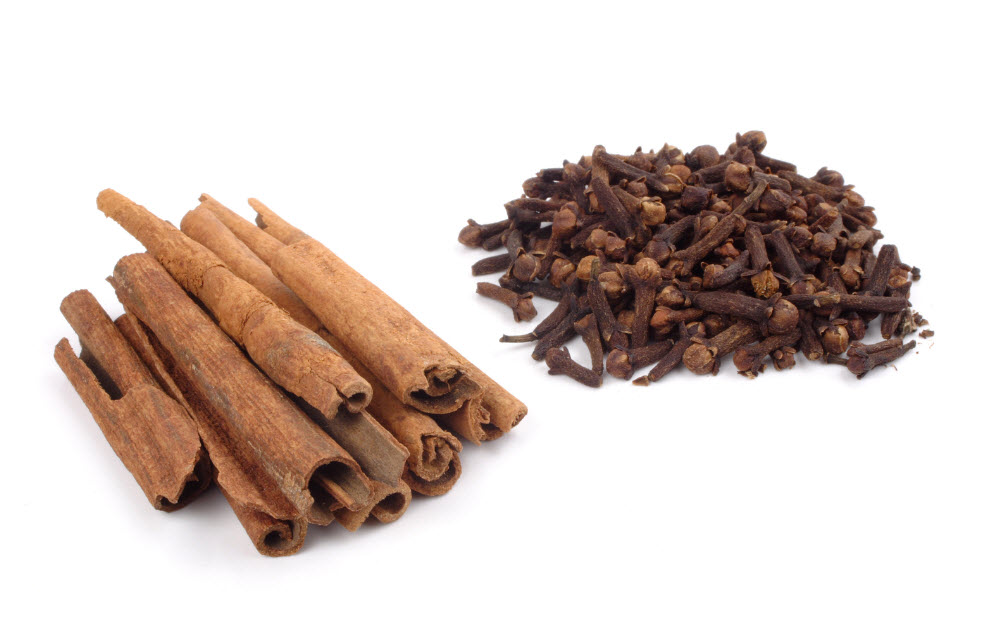In a certain message that is being shared on social media these days, it is said that cloves and cinnamon barks increase the supply of oxygen and when the concentration of oxygen decreases, life can be saved by supplying them. #selfcare To prove the truth of this, they also show a number called the ORAC value of our medicine. I am writing this because the common people are misled about this story and ORAC value. The acronym ORAC stands for Oxygen Radical Absorbance Capacity. It can be translated as the “oxygen fragment absorption capacity” of a certain food or medicine. Also, the oxy-radical scavenging capacity (TOSC) that swallows free radicals is also a similar ability. What is oxygen particle absorption capacity? Let’s find out if it improves breathing capacity or oxygen retention in the lungs.
01 Understanding ORAC Value and Antioxidant Capacity
The acronym ORAC stands for Oxygen Radical Absorbance Capacity. It refers to the “oxygen fragment absorption capacity” of a certain food or medicine. ORAC value represents the antioxidant capacity of a substance, particularly its ability to counteract oxidative processes caused by single oxygen molecules or free radicals in the body. Antioxidants are known to help reduce oxidative damage and improve the immune system.
02 The Misconception About Oxygen Supply
While it is true that substances like cloves and cinnamon have high ORAC values, there is no direct connection between ORAC value and the supply of oxygen to the lungs. The ORAC value measures the antioxidant capacity of a substance, not its ability to increase oxygen concentration in the lungs. Therefore, the claim that these substances can save lives by increasing oxygen supply is misleading.
03 ORAC Values of Various Substances
To provide a better understanding, let’s look at the ORAC values of different substances according to the USDA Database for the Oxygen Radical Absorbance Capacity (ORAC) of Selected Foods:
- Dry Nellie – 261,500
- Bacopa Monnier extract – 169,800
- Cinnamon powder – 143,264
- Clove powder – 111,490
- Turmeric powder – 127,068
- Licorice Powder – 102,945
- Dry leaves – 69,978
- Nutmeg Powder – 69,640
- Castor seeds – 50,372
- White pepper- 40,700
- Ginger – 39,041
- Pepper– 34,053
- Spice mix – 24,981
- Mustard seeds – 28,759
- Garlic – 6,665
- Coriander leaves – 5,141
- Satakuppa (plant of leaves)- 4,392
As seen from the list, cloves and cinnamon indeed have high ORAC values, but this doesn’t indicate their ability to increase oxygen supply in the lungs.
04 The Importance of a Balanced Antioxidant Intake
According to scientists, under normal conditions, consuming an ORAC value of 3000-5000 daily is sufficient for the body. However, it is crucial to consume more antioxidants when sick. Our regular diet, which includes spices, vegetables, and fruits, already provides a good amount of antioxidants that can increase the antioxidant condition by 15-20%. It’s important to note that taking very high doses of antioxidants at once is not beneficial as they are simply excreted from the body.
05 Local Medical Treatments and Oxygen Concentration
Contrary to the claims in the social media message, the ORAC value does not support the idea that any medicine can increase the oxygen concentration in the lungs during Covid disease. There are various local medical treatments available for respiratory system disorders that may include cloves and cinnamon as part of decoctions and remedies. These treatments can provide temporary relief from airway obstruction but should not be considered a substitute for proper medical care.
06 Seeking Medical Advice for Breathing Difficulties
When a Covid patient experiences difficulty breathing, it is crucial to consult a doctor who can provide appropriate advice based on the patient’s age, symptoms, and overall health condition. Restricting physical activities, ensuring proper rest, and measuring oxygen levels are recommended steps. Some individuals may have a condition called happy hypoxia, where oxygen concentration drops without noticeable symptoms. Such cases require careful monitoring and may need medical interventions such as Ardathoda, Nika, Yakinaran, Lime, Kumburu, Kiriaguna, Elbatu, Kuppamenia, Ginger, Garlic, and other local medicines. In severe cases, the patient may require oxygen administration in an intensive care unit.
07Providing Support for Covid Patients at Home
If a medicine is proven to reduce the risk to the life of a Covid patient with respiratory problems, it is not wrong to administer it to other patients at home. Patients who cannot access hospital care or medical treatment due to various reasons need assistance to prevent the disease from becoming severe. Ayurvedic practices often mention the use of anupana leaves in treating conditions like Ilappuwa. Understanding the preparation methods, such as making Guli Kalka, and considering possible allergies are crucial when using these herbs. Early intervention and proper symptom management can prevent the accumulation of phlegm in the lungs and reduce the risk of secondary infections.
#BenefitsofCeylonCinnamon#AmazingBenefitsofHoneyandCinnamonCombo#cinnamonandclove#smallbusiness#smallbusinessaustralia#womenownedbusiness#soapmaking#soapcutting#selfcare#soapasmr#handcrafted#handcraftedsoap#skincare#soaps#bathroomproducts#natural#naturalskincare#handmadesoap
